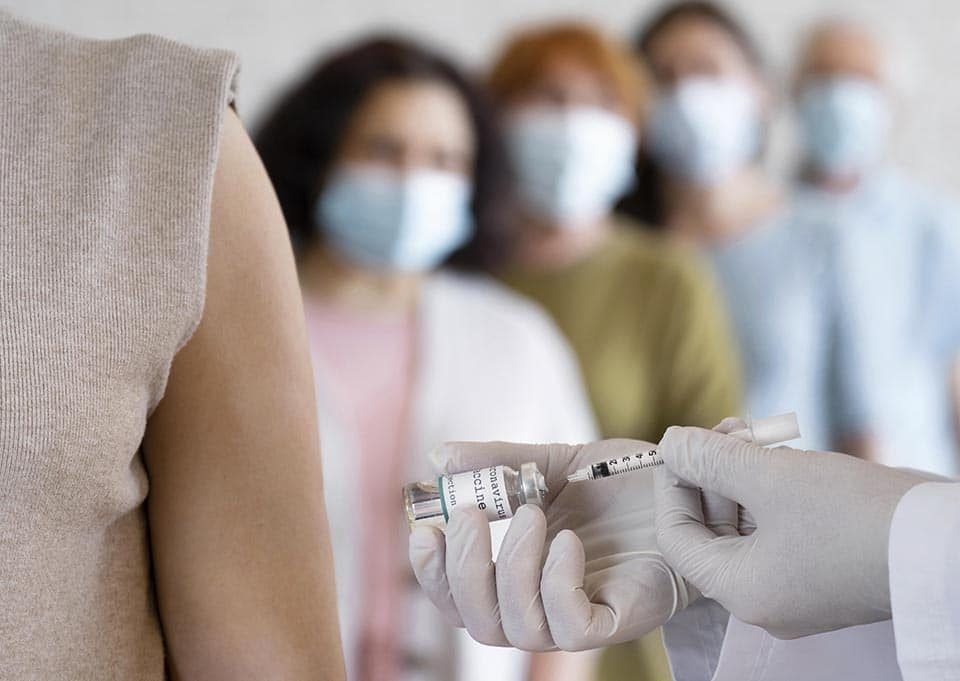The rapid spread of the new variants of COVID-19 has raised many concerns and led to new restrictions on some countries. Many questions now arise: Why are these mutations causing concern? How much faster is it spreading? Will the current vaccines work against the new variant? Do these mutations make the virus more deadly?
We will answer these questions by the end of the article. But the important point to keep in mind is to use a mask, wash your hands regularly and maintain social distance. Although vaccination has positive prospects in the near future, we still have to adhere to these guidelines.
If you have any suspicious symptoms including cough, fever, or difficulty breathing, call your health care provider right away, and if you need to get tested, the Southern Nevada Occupational Health Center provides COVID-19 diagnostic services.
How do viruses mutate?
To put it simply, a mutation is a number of changes in the genetic material of a microorganism, such as a virus. It is important to know that many of the mutations are minor and have no effect on the severity of pathogenesis or the rate of spread. In some cases, the mutation could even make the virus less infectious, benign, or even weakened. But the COVID-19 is spreading almost uncontrollably around the world, which means that newer versions of the virus are more likely to be more contagious, deadly, and harder to vaccinate against.
There’s clearly something going on with this mutation.
On February 15, the New York Times announced a report entitled “The US Has Its Own New Worrisome Variants.” According to the report, a team of researchers in the US has identified seven growing lineages of the virus spotted in states across the country. All of these mutations have occurred in the exact same spot in the genetic material. Given Darwin’s theory of convergent evolution, it seems that this shared mutation independently leads to different genetic lineages.
It is not yet clear whether this genetic mutation makes new variants more contagious.
Unfortunately, these mutations are not limited to the United States:
- The UK identified the B.1.1.7 variant with a number of mutations in the fall of 2020. In January 2021, they reported that the new variants of COVID-19 might be associated with an increase in the death rate, but more research is needed in this regard.
- A new strain called B.1.351 emerged in South Africa. Originally identified in early October 2020, B.1.351 shares some similarities with the strain that was identified in the UK. At the end of January 2021, cases caused by this variant were reported in the United States.
- A new strain called P.1 was identified among travelers from Brazil. This variant has mutations that may affect the ability to be recognized by antibodies. This strain was first identified in the United States at the end of January 2021.
Why are these mutations causing concern?
To answer this question, we need to consider the following tips:
- New variants of COVID-19 are rapidly replacing other versions of the virus
- Mutations may affect some parts of the coronavirus likely to be important.
- Laboratory studies have shown that some of these mutations have an enhanced ability to infect human cells.
Although there is no absolute certainty, it is likely that new variants of COVID-19 can spread more easily.




